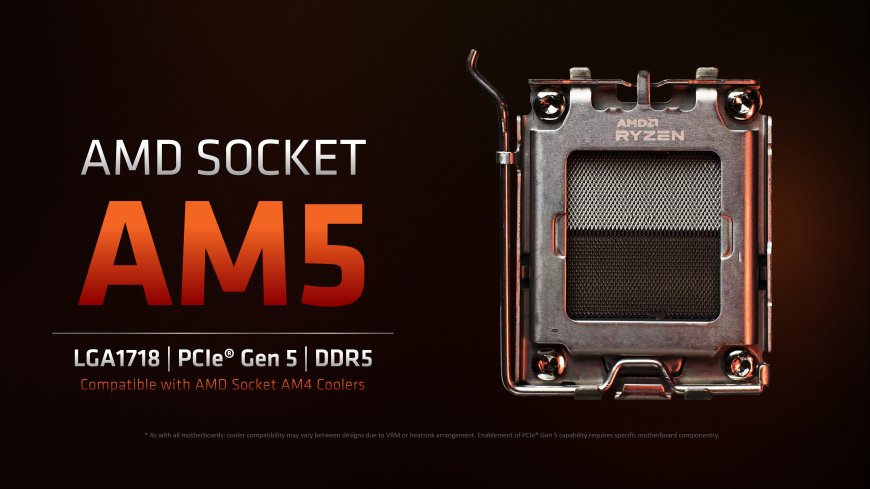AMD Ryzen 7000 Motherboard Chipsets Explained
Choosing the right motherboard for your Ryzen 7000-series CPU involves understanding the different chipset options: X670, B650, and the new entry-level A620. This guide explains what these designations mean, the differences between them, and which chipset might be the best fit for your system.

Understanding Chipsets: X670, B650, and A620
The Role of the Chipset
The chipset on a motherboard, comprising one or two chips, connects the CPU to other system components. While older architectures used northbridge and southbridge chips for these connections, modern CPUs, like the Ryzen 7000, have integrated many of these functionalities, directly connecting to high-bandwidth components.
Also check Vastarmor launches Radeon RX 7700 XT
Ryzen 7000 Processors and PCIe Lanes
Ryzen 7000 CPUs offer 28 PCIe lanes supporting PCIe 5.0 speeds. These lanes are distributed among various components: 16 lanes for graphics cards, 4 lanes for an M.2 drive, and 4 lanes connecting to the chipset. The remaining lanes are available for additional components like another M.2 slot or a USB4 adapter.
Connectivity and Support
In addition to PCIe lanes, Ryzen 7000 CPUs support four USB 3.1 ports, one USB 2.0 connector, and direct connections to several components, reducing the reliance on the chipset for connectivity.
AM5 Platform Chipsets: PCIe 4.0 Support and Bandwidth Limitations
Current Chipset Limitations
All chipsets on the AM5 platform currently support PCIe 4.0 speeds, capping the bandwidth for connected devices at around 7GB/s. These devices include storage drives (NVMe or SATA), USB devices, network cards, and internal components like sound cards.
Additional Connectors on Motherboards
Some motherboards offer more connectors than supported by the CPU and chipset, providing flexibility or using splitters to share bandwidth among devices.
Specifics of the A620 Chipset
Characteristics of the A620
The A620 chipset, essentially a limited version of the B650's Promontory 21 chip, supports two USB 3.1, two USB 3.0, and six USB 2.0 ports. It also includes eight PCIe 3.0 lanes, with a portion usable for SATA ports.
Conclusion: Selecting the Right Chipset for Your Ryzen 7000 CPU
In conclusion, choosing the right chipset for a Ryzen 7000 CPU involves considering your specific needs for connectivity, bandwidth, and future expandability. The X670, B650, and A620 each offer unique features and limitations, making them suitable for different types of users and systems. By understanding the nuances of each chipset, you can make an informed decision to build a system that optimally utilizes the capabilities of your Ryzen 7000 processor.


































